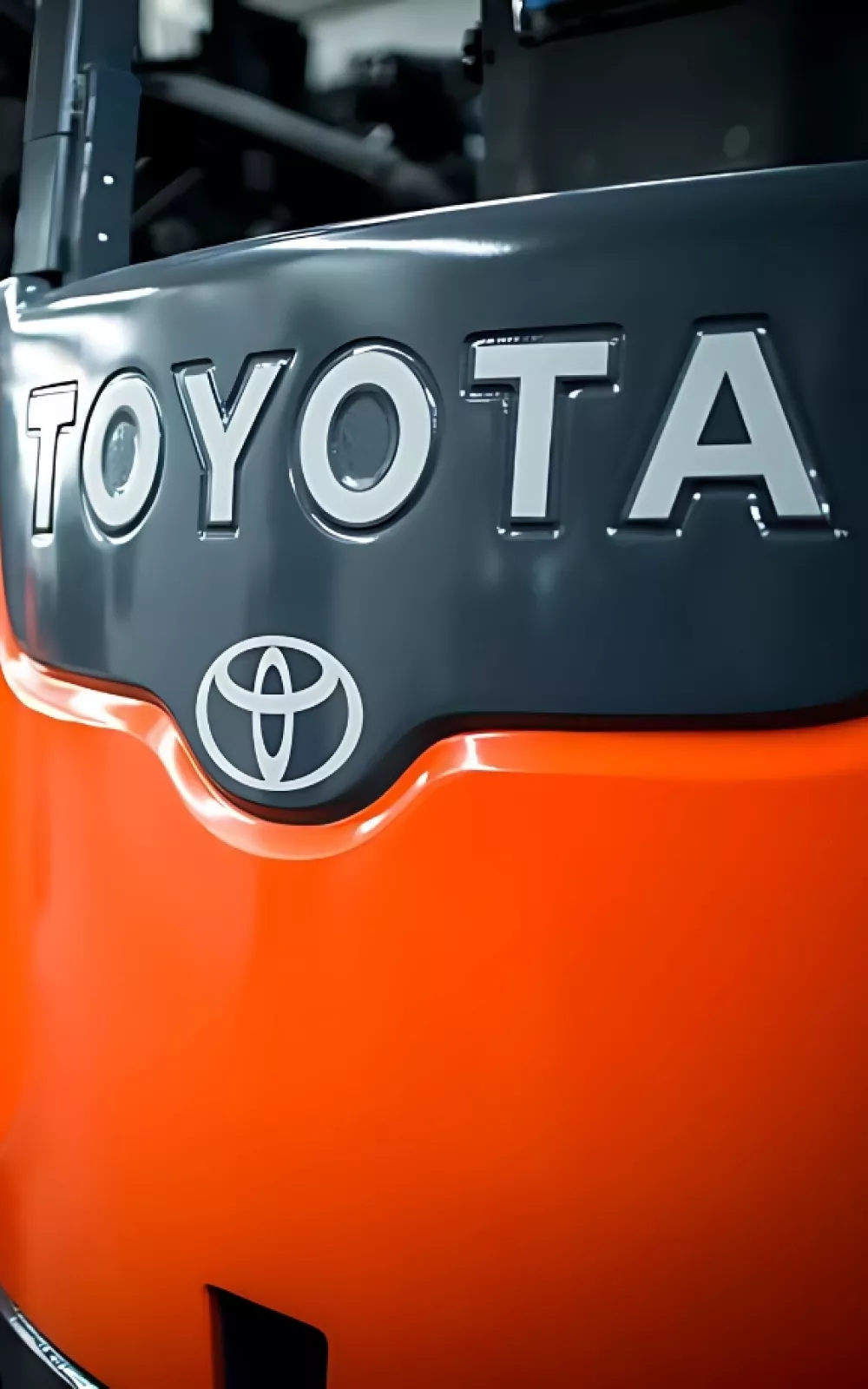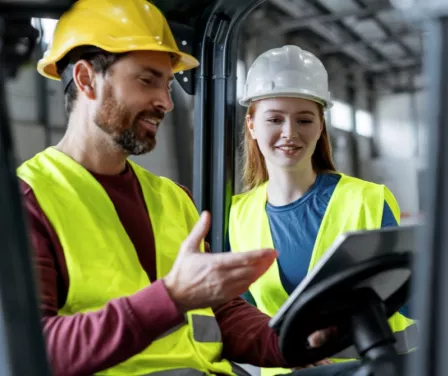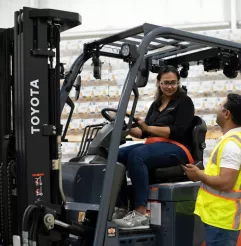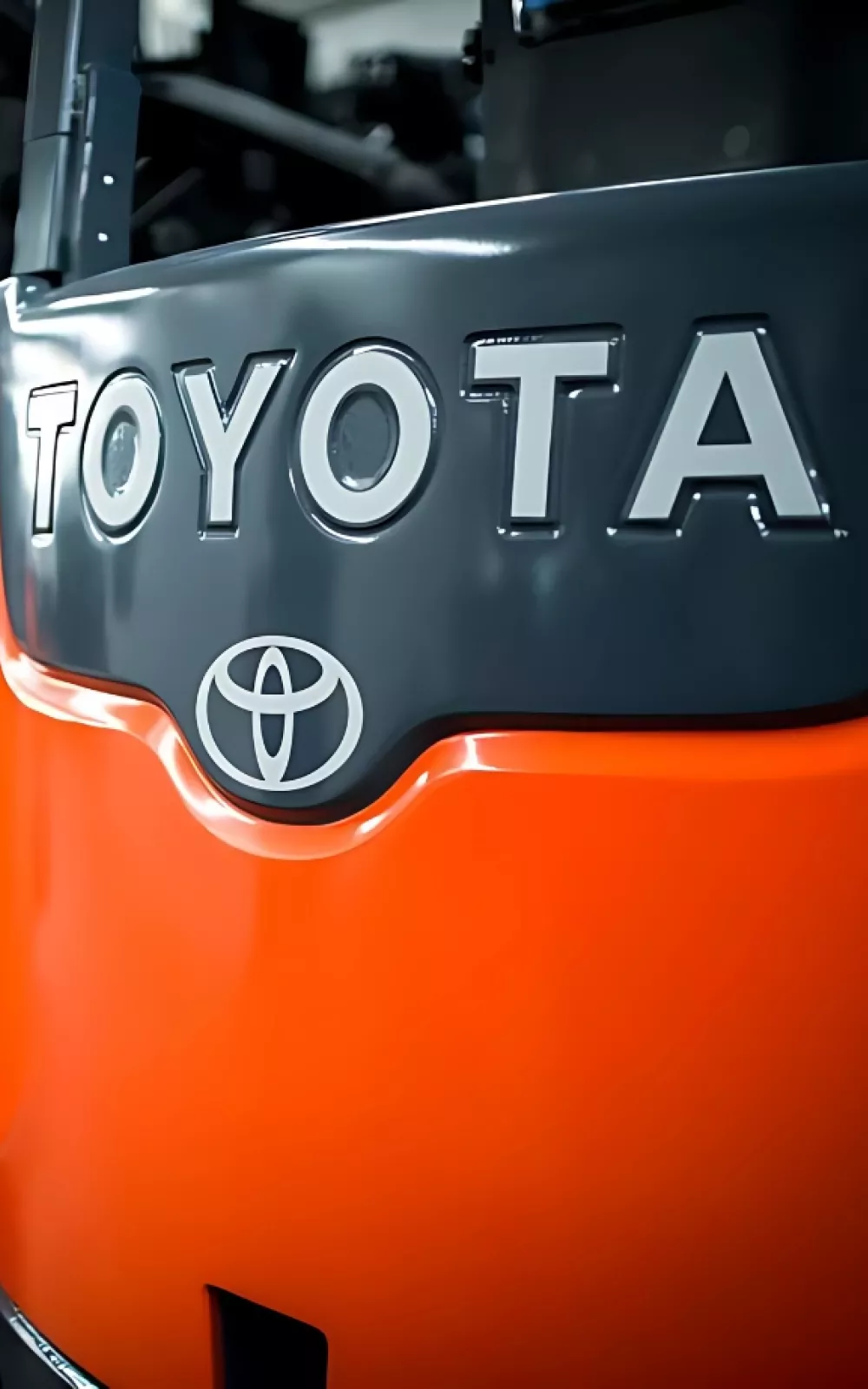Rent
ProLift offers daily, weekly, and monthly rentals. Find the right equipment for maximum productivity and safety.
Let us know how we can assist you! A ProLift specialist will connect with you to help with your material handling needs.

When hiring contractors to operate forklifts, ensuring proper training and site-specific familiarization is critical for safety. Learn the key responsibilities and steps your company should take to keep both contractors and employees safe on the job.

It takes many hands to run a warehouse. At times you must call upon the expertise of others, such as contractors, for building repairs or renovations. When heavy equipment is involved, it’s important to understand federal law and regulations.
A major factor is the type of equipment. The most common equipment used by contractors is an aerial work platform (AWP). Federal law does not require operator classroom training and hands-on evaluation to be site-specific; however, it does state an operator must:
Unlike aerial work platforms, forklift regulations require site-specific training, placing the responsibility on your company to provide operators with hands-on instruction. Temporary employees, often classified as contractors, frequently have forklift operation as part of their job duties. While the staffing agency is responsible for their initial training and qualification, it's crucial not to overlook the familiarization process within your specific work environment.
Your requirements and best practices also depend on who supplies the equipment. When a contractor submits a bid, two options may be given – one with the contractor supplying the equipment and another using your equipment. Although your fleet may be ample enough to spare equipment, which also provides a cost-savings, allowing its use carries additional liability in the event of an accident.
ProLift is a full-service material handling dealer that provides safety training for forklifts, aerial lifts, and more. Contact our safety specialist to review available dates.

Continue promoting safety at your facility with our comprehensive safety training classes. ProLift offers training for both operators and trainers. Contact our safety specialist to schedule your team.
As a full-service material handling dealer, ProLift can help you with questions and solutions for your equipment, service, parts and more. Tell us how we can help.

Let us know how we can assist you! A ProLift specialist will connect with you to help with your material handling needs.
